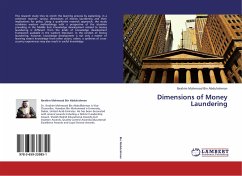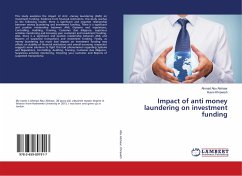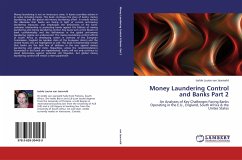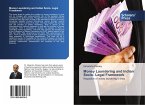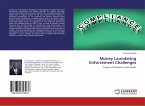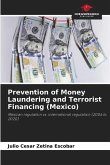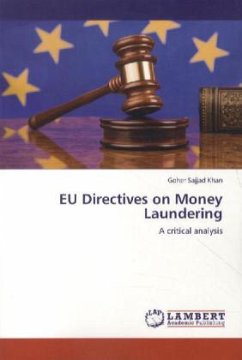This research study tries to enrich the learning process by explaining, in a coherent manner, various dimensions of money laundering and their implications for policy. Using a qualitative research approach, the study combines western methodology with a perspective of the situation prevailing in the Middle East. Knowledge development related to money laundering is different from the kinds of knowledge development framework available in the western literature. In the context of money laundering, however, knowledge development is not only a matter of learning extant knowledge from other actors; rather, a synthesis of cross-country experiences may also result in useful knowledge.
Bitte wählen Sie Ihr Anliegen aus.
Rechnungen
Retourenschein anfordern
Bestellstatus
Storno

